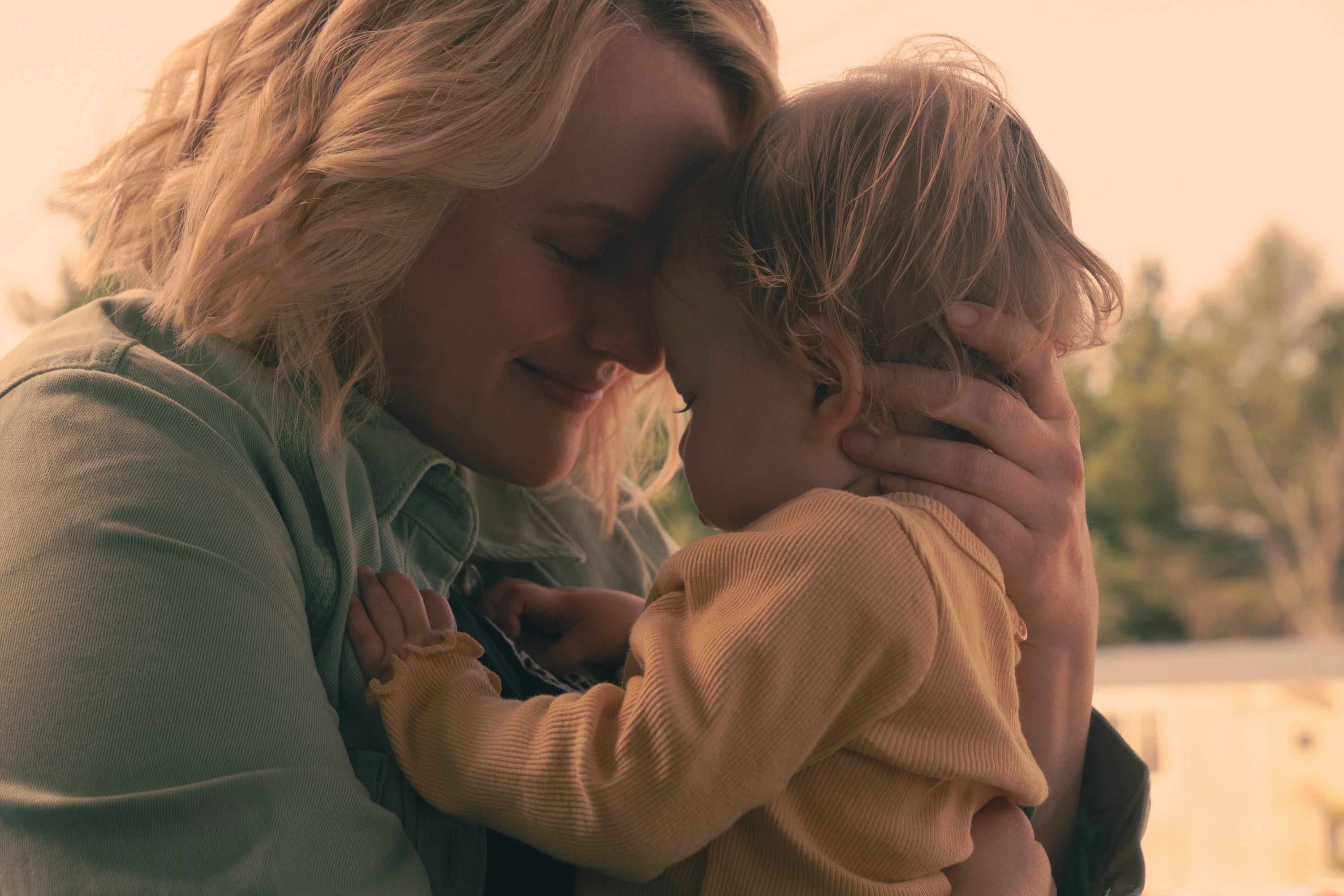ARTICLE AD BOX
Margaret Atwood published her dystopian novel The Handmaid’s Tale, set in Gilead, a repressive theocratic version of the United States, in 1985, as Republican president Ronald Reagan nudged the United States into the neoliberalism that would rule for decades. She published a sequel, The Testaments, in 2019 – make of that what you will. And now, the television spinoff of Atwood’s world is drawing to its conclusion after an eight-year run that has coincided with profound challenges to America’s social fabric. As the curtain falls on Gilead, is Channel 4’s drama too close to the bone?
In the opening moments of season six, both June (Elisabeth Moss) and Serena Joy (Yvonne Strahovski) are on a train, heading for the last outpost of the United States in Alaska. “You are one exceptionally tough woman,” Serena admits, but soon their paths will diverge again. Across the border in Gilead, Commander Lawrence (Bradley Whitford) is pushing ahead with New Bethlehem – his liberalised community within Gilead’s borders – and Nick (Max Minghella) has become an influential lieutenant. But his relationship with June, which has turned him into a double agent against the regime, is being tested by the presence of her husband, Luke (O-T Fagbenle), who has joined the Mayday rebels alongside June’s old friend Moira (Samira Wiley).
But there’s one thread that June has never been able to wind in: her daughter Hannah is still a prisoner in Gilead. After all, The Handmaid’s Tale, set in a world of declining fertility, is a show about the next generation, and the struggle to guarantee a future. “I’ve really tried to save her,” June laments. “I’ve really tried to get her out, but you know…” And viewers will know. Each time June seems to have turned a corner, another wall springs up in front of her. Escape comes before return. Ultimately, the series seems to say, if Gilead cannot be destroyed, then June will never be truly free. And so, in this final season, the action moves ever closer to that reckoning.
Throughout its run, The Handmaid’s Tale has been consistently high quality. Elisabeth Moss is one of television’s best actors, a compellingly ambiguous leading lady, and June has been a perfect demonstration of her talents. As the series has progressed, she’s also become more instrumental to it: she first directed an episode in season four and directs four episodes here, including the finale. At the same time, the show has expanded wildly beyond the remit of Atwood’s imagination, creating a complex world built of oppressive forces and radical hope. When asked whether she might join a future sequel, Wiley demurred. “I am done with the trauma,” she said. And the show has been a hard watch for viewers too, putting its characters through relentless brutality with little respite. It is a world in which even sanctuary is a vulnerable thing.
And yet, even though the show can be hard to enjoy (in the purest sense of that word), it has also increased in urgency as it has progressed. The Handmaid’s Tale is a book that is now taught in schools, and has been for many years, but its TV sibling is a more granular guide to the political and bureaucratic forces that collude in an authoritarian regime. “These are dark days,” Serena’s preacher father tells her, in a flashback to the pre-Gilead era. “People need to believe in something.” That is the flickering candle of hope that lights the way for tyranny, and it is a subject that The Handmaid’s Tale has portrayed, viscerally, over the past decade.

Creator Bruce Miller, alongside Moss, has delivered a bleak, uncompromising final chapter in a saga that operates as a cautionary tale for modern America. At moments of acute political distress, art can serve as a warning. The Handmaid’s Tale has been a gripping demonstration of how fear metastasises into fascism. Its end might give viewers a sense of relief, but it will certainly leave a void in the schedule.









 English (US) ·
English (US) ·